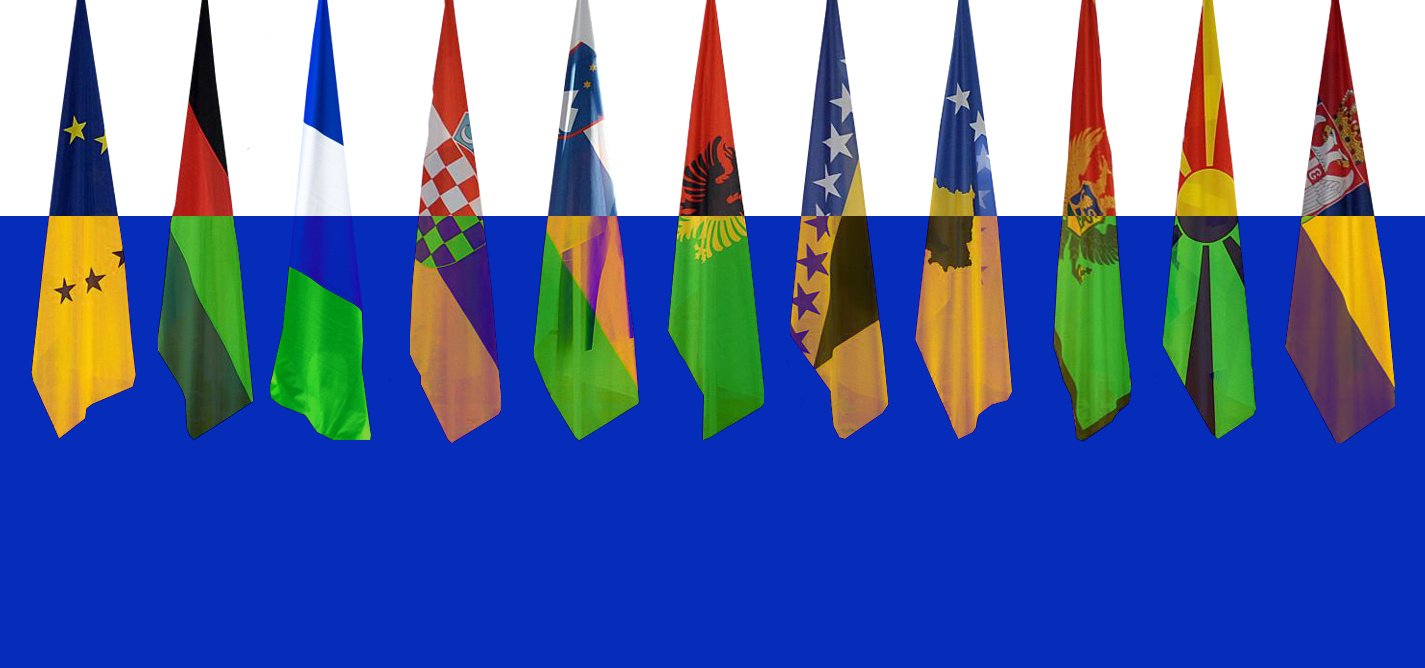
Berlin summit points to new Balkan Olympus
In the aftermath of Berlin, what now for the dialogue?
Olympus had failed. It had to be replaced again, as it had many times in the history of the Balkans.
“Is it worth normalizing relations with Serbia if Kosovo were to become internally abnormal?”
“We know the dialogue is a compromise and the agreement will be a compromise.”

Fitim Salihu
Fitim Salihu is a former K2.0 staff journalist, covering mainly politics and governance. Fitim has a bachelor’s degree in political science from the University of Prishtina.
DISCLAIMERThe views of the writer do not necessarily reflect the views of Kosovo 2.0.
This story was originally written in English.